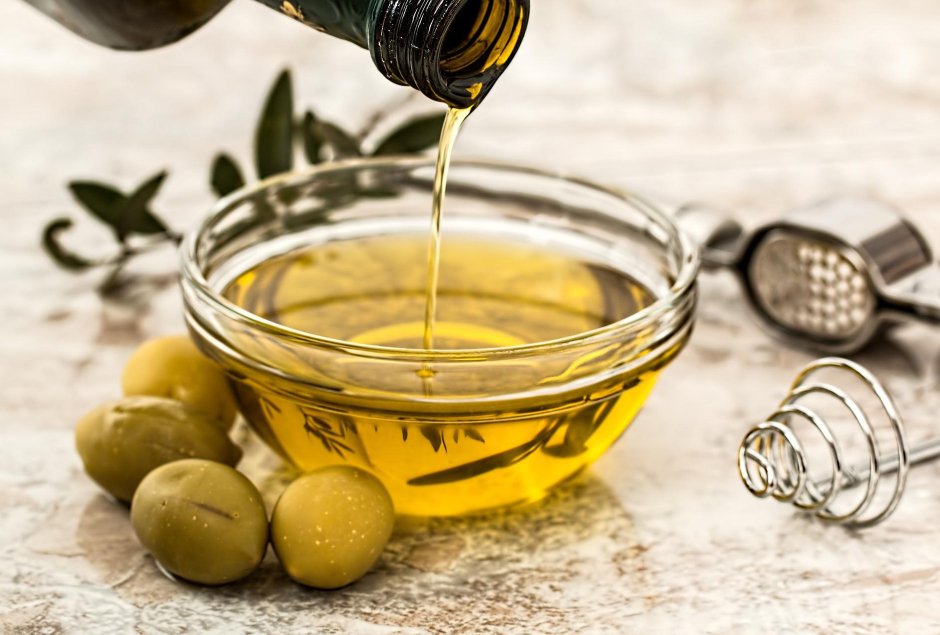The Danger of Reused Oil
Have you ever noticed the oil color in the frying pan when buying fried food? How many times do you fry your food in the same oil? The secret to tasty fried food is to deep fry it in a lot of oil. It might seem wasteful not to recycle cooking oil after one usage, but do you realize how much danger you are putting your family and loved ones in by reusing the oil? Repeatedly used oil consists of “Polar compound”. Animal testing found that Polar compound effects the body development, causes abnormality in the liver and kidney, and increases the risk of stomach cancer and coronary artery disease. (Reference from “Mor Chao-Baan” Journal, 25th year, 2003 July, pg. 17-24). It is recommended to avoid using recycled cooking oil for a healthier diet because nothing is worth more than good health.


